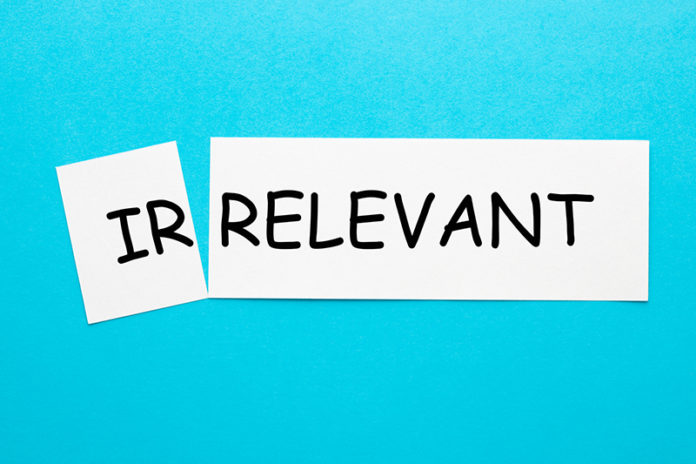A few weeks after the FBI searched former President Donald Trump’s residence at his Palm Beach, Florida, resort, Fox News host Steve Doocy, a longtime ally of the former president, posed a question that remains unanswered. “Why did he have all that secret stuff at Mar-a-Lago?” Doocy wondered during an interview with South Dakota Gov. Kristi Noem.
Trump’s response — that the “secret stuff” was not really secret because he declassified it before he left office — is both implausible and, in the context of the potential crimes that the FBI is investigating, legally irrelevant. The U.S. Court of Appeals for the 11th Circuit underlined both points last week.
Trump brought more than 300 records marked as classified to Mar-a-Lago, including 184 discovered in 15 boxes he gave the National Archives in January, 38 that his lawyers surrendered in June in response to a federal subpoena and more than 100 seized during the FBI’s Aug. 8 search. The documents ranged from “confidential” to “top secret” and included “sensitive compartmented information” about intelligence sources and methods.
It is still not clear that storing those records at Mar-a-Lago posed a threat to national security grave and imminent enough to justify the unprecedented search of a former president’s home. At the same time, Trump’s justification for keeping them is hard to fathom.
Trump initially claimed he had a “standing order” as president that automatically declassified any documents he removed from the Oval Office. That policy was news to national security officials who should have known about it, and it would have been a haphazard and cavalier way to treat sensitive records.
William Barr, Trump’s former attorney general, thinks it is “highly improbable” that Trump ever issued such an order. But if he did, Barr says, it “would be such an abuse and show such recklessness that it’s almost worse than taking the documents.”
In a Fox News interview with Sean Hannity last week, Trump himself cast doubt on his initial explanation, saying the president can declassify documents simply “by thinking about it.” That means such decisions do not have to be communicated to anyone, even though the whole point is to change how records are stored and handled.
Even that explanation seems inconsistent with what Trump lawyer Evan Corcoran said in a May 25 letter to Justice Department official Jay Bratt. Corcoran told Bratt that documents “purportedly marked as classified” were “once in the White House and unknowingly included among the boxes brought to Mar-a-Lago by the movers.”
According to Corcoran, those records ended up at Mar-a-Lago by accident. If Trump did not know what was in the boxes, it is hard to see how he could have declassified the documents even “by thinking about it.”
Last week, a unanimous 11th Circuit panel, including two judges appointed by Trump, noted that he had presented “no evidence that any of these records were declassified.” And even if they were, the appeals court said, Trump had offered no reason to think he had “an individual interest” in them, that he “has a need-to-know the information” they contain, or that “he is entitled to them.”
Thanks to the 11th Circuit’s stay, the FBI can continue to use those 100-plus records in its criminal investigation, which likewise does not hinge on their current classification status.
The FBI’s search warrant cited three possible felonies: mishandling of government records, obstruction of a federal investigation and improper retention of “defense information” that “could be used to the injury of the United States or to the advantage of any foreign nation.”
If the Justice Department ultimately decides to prosecute Trump for any of those offenses, it may have difficulty proving the requisite intent, since his conduct can plausibly be attributed to some combination of ignorance, arrogance, laziness and sloppiness. But to obtain convictions, prosecutors would not have to refute Trump’s assertion that the classification status of any given document is contingent on his fleeting thoughts or acquisitive impulses.































